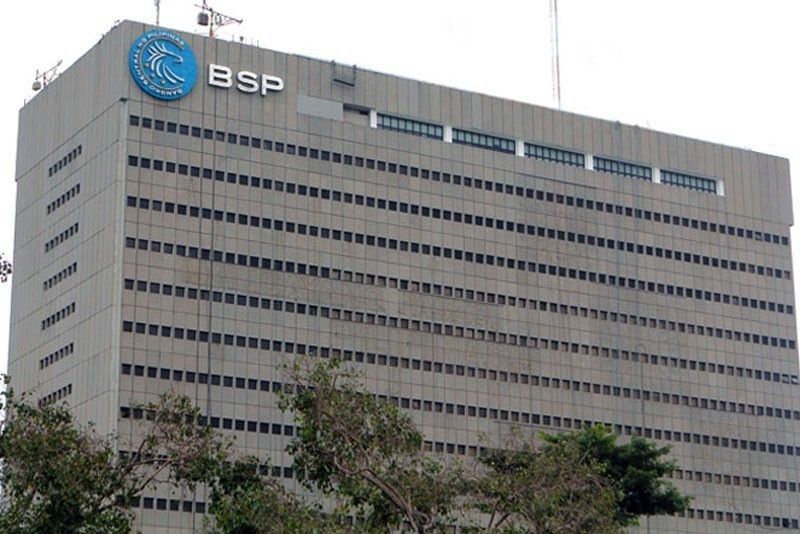Bangko Sentral lifts key rates to curb inflation

MANILA, Philippines — For the first time in nearly four years, the Bangko Sentral ng Pilipinas on Thursday lifted key rates to tame rising consumer prices, which may still overshoot the government’s target range amid strong economic growth.
During the Monetary Board’s third policy review for the year, the central bank decided to raise the overnight reverse repurchase rate by 25 basis points from a record-low 3.0 percent. Interest rates on overnight lending and deposit facilities were likewise raised accordingly.
"In deciding to raise the policy interest rate, the Monetary Board noted that the latest forecasts have further shifted higher indicating that inflation pressures could become more broad-based over the policy horizon," BSP Governor Nestor Espenilla said.
“The Monetary Board believes that a timely increase in the BSP's policy interest rate will help arrest potential second round effects by tempering the buildup in inflation expectations,” he added.
Higher interest rates discourage people from borrowing money and spending, causing a decline in demand which, in turn, cools down inflation. The last time the BSP tightened monetary policy settings was in September 2014.
Using the 2012 consumer price index series, the BSP now expects inflation to hit 4.6 percent this year from the previous estimate of 3.9 percent, citing building price pressures driven by supply-side factors. If realized, this would breach the government’s 2-4 percent target band.
For 2019, the central bank upwardly revised its inflation forecast to 3.4 percent from 3 percent.
According to Espenilla, robust domestic demand gave monetary authorities enough room to tweak the benchmark interest rate without disrupting the country’s bullish growth story.
The BSP chief also said a rate hike can help the exchange rate.
“The Monetary Board observes that strong domestic demand allows some scope for a measured adjustment in the policy rate without adversely affecting the country’s economic growth momentum,” he said.
Amid concern of overheating, the Philippine economy grew 6.8 percent in the first quarter, faster than the downwardly revised 6.5 percent in the preceding three months and the 6.4-percent expansion rate in the comparable period last year.
The latest growth pace matched market estimates, but settled near the low end of the government’s 7-8 percent target range for 2018.
Using 2012 as base year, inflation in April quickened to a five-year high of 4.5 percent, putting the year-to-date tally above the BSP’s ceiling for annual inflation.
- Latest
- Trending





























